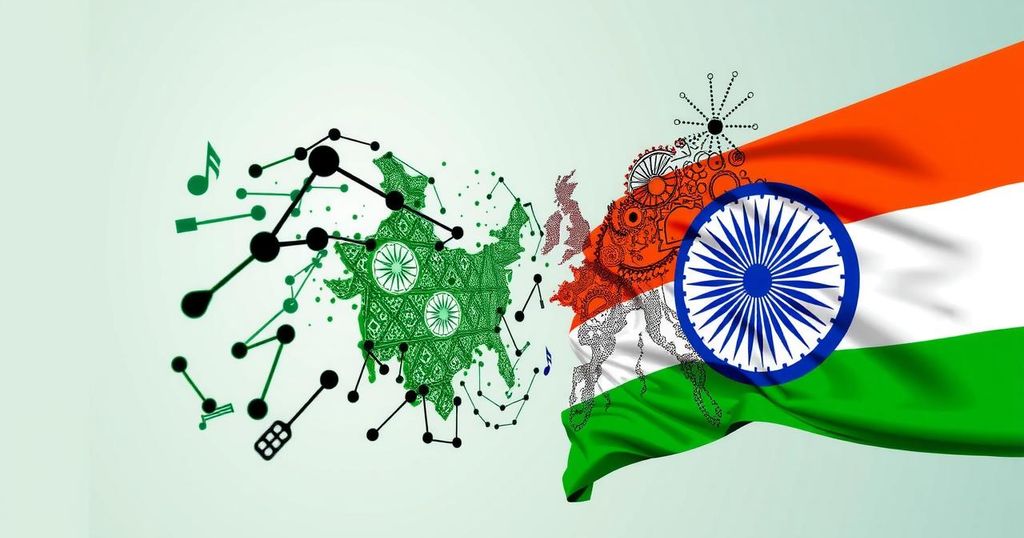China Launches Probe into European Dairy Imports
The recent action taken by China’s Ministry of Commerce has garnered the attention of the European dairy industry as they have announced an anti-subsidy investigation into European dairy imports. This development occurs within the context of increasing trade tensions between China and the European Union, with the European Commission recently imposing updated duties on Chinese electric vehicles.
The investigation was prompted by a complaint from China’s dairy industry, leading to an official consultation with the European Union. China will be carefully examining 20 subsidy programs that support the production of milk, cream, and cheese from the 27-member bloc, with a particular emphasis on countries with substantial farming sectors such as Austria, Italy, Ireland, and Romania.
Of note, Ireland emerges as the primary exporter to China among the EU countries listed by the commerce ministry, with goods worth $461 million supplied last year. Meanwhile, Germany, France, Italy, and Poland rank as the top milk producers in the EU.
This action is not an isolated incident, as Beijing has previously launched competition inquiries into European imports of pork and Cognac. In response, the European Commission is actively monitoring the situation and has committed to safeguarding the interests of the EU dairy industry and the common agricultural policy throughout the investigation.
In a parallel effort, the EU has been investigating Chinese-made solar panels and wind turbines for potential anti-dumping violations. Additionally, the EU’s top diplomat, Josep Borrell, has warned of the possibility of a trade war with China, urging caution to avoid a “systemic confrontation” while acknowledging the potential for such an outcome.
Furthermore, the European Commission has issued a warning to Chinese carmakers, indicating that those who fail to comply with the investigation into electric vehicles could face tariffs of up to 36.3% by the end of October. This would be in addition to the existing 10% EU duty on cars. The investigation uncovered substantial subsidies provided to Chinese electric vehicle manufacturers, artificially reducing the cost of production and posing a threat to European jobs in the automotive industry.
As tensions between the EU and China escalate, the two parties are navigating a complex trade relationship with wide-ranging implications. The unfolding of the investigations and the evolving global economic landscape will determine how the situation progresses.








Post Comment